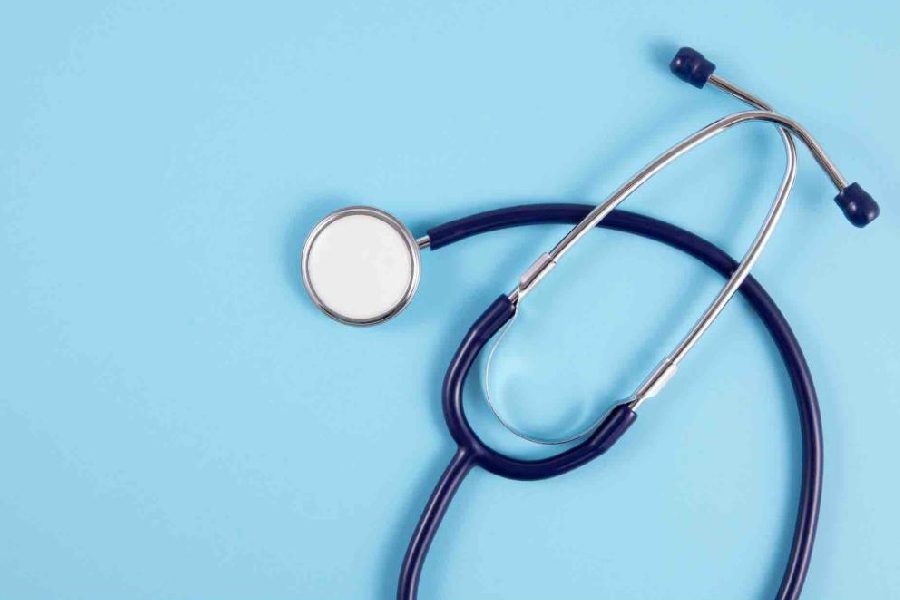Health-related misinformation on social media is an emerging public health problem. Today, most people use social media and some are addicted to it, including children.
Propagation of unreliable information is harmful and is often termed as infodemic. It has increased during the Covid pandemic period. Common people are misled,
thereby creating panic. It is difficult to get reliable and trustworthy information regarding health issues on social media.
Last year, there were about 470 million active social media users in lndia every month. Also, there were about 150 million new social media users in the world between April 2022 and April 2023. Thus a large number of people are comfortable with social media platforms like WhatsApp, Facebook, Twitter and YouTube. Even senior citizens are using social media as they find it beneficial. It has become a platform to share information. However, it is unsafe to discuss medical issues which are not regulated by health professionals. The exact magnitude of this problem is still to be
defined.
Though health-related misinformation is a global problem, proper use of social media in healthcare can be beneficial in many ways:
- Patient care and health education
- Public health programmes
- Professional networking
- Cost-effective organisational promotion
- Increasing visibility
Terminology
Regarding health misinformation on social media, various terms are used which need to be clarified:
- Misinformation: It refers to distorted, false or misleading information that does not reflect the true state.
- Disinformation: Incorrect information that one spreads deliberately to deceive.
- Fake news: False stories that appear to be news and spread on the internet and other media.
- Rumour: Unconfirmed bits of information.
- Misleading news: News stories that involve using information in a misleading way to make receivers obfuscate and overlook facts.
Such nomenclature has been used in various studies to delineate the nature and extent of this unusual problem. Misinformation does contaminate the information ecosystem. An online dictionary website named “misinformation” as the word of the year in 2018.
Drawbacks
The drawbacks and risks regarding health-related posts on social media:
- Incorrect information can be posted as there are no definite regulations.
- Possibility of wrong diagnosis.
- Security risks as privacy of patients and doctors may be compromised.
- Lack of control regarding professional ethics and boundaries.
- Damaging trust in doctor-patient relationship.
During the Covid pandemic, non-medical professionals shared opinions on social media which challenged the opinion of trained medical practitioners, thereby creating chaos and distrust. Some misleading videos were posted regarding various diseases which became more popular than the evidence-based information.
According to a report, the most common areas of health misinformation included:
- Diseases: 20.8 per cent
- Pandemic: 27.7 per cent
- Vaccine: 23.8 per cent
- Tobacco/others: 27.7 per cent
Framework
A stage-based framework has been proposed to assess health misinformation on social media. It has four stages:
- Originating stage: This involves the identification of the source of misinformation. Source credibility is crucial.
- Transmitting stage: This involves the social media platforms where information is spread.
- Consuming stage: This involves the receivers and their reactions.
- Impacting stage: The impact of the health misinformation on individuals and society.
The senders’ motive needs to be assessed. It can be for financial gain, marketing purpose, capturing social attention, self-promotion or causing damage. Sometimes it may just be to help people. Thus identification of the source and intention of the post is very important.
Free expression
Does the right to free expression give freedom to post unverified health-related information on social
media? It is true that free expression cannot be curtailed but public health should also not be compromised. Health misinformation affects all and nobody is safe till everyone is safe.
Sharing experiences regarding illness may not always be medically accurate but it cannot be an offence. Exchange of information during any public health crisis is common. However, forwarding medical information without verification may be detrimental and have far reaching consequences.
Developing and implementing legal policies or creating awareness may be helpful.
Moderation of contents is difficult but can be done. Some social media platforms have shown interest in the creation of a “content moderation council”, though the effects are not yet visible.
Regulation and moderation of social media content can reduce popularity and limit usage.
There can also be commercial implications. A proper social media policy regarding health issues is absolutely necessary. This subject of health misinformation on social media is yet to be extensively researched. Solution is needed immediately as public safety is involved.
However, at the present time, there are more questions than answers.
Dr Gautam Mukhopadhyay is surgical oncologist trained at the Tata Memorial Hospital, Mumbai. At present, clinical lead, department of surgical oncology, Narayana Health Cancer Institute
